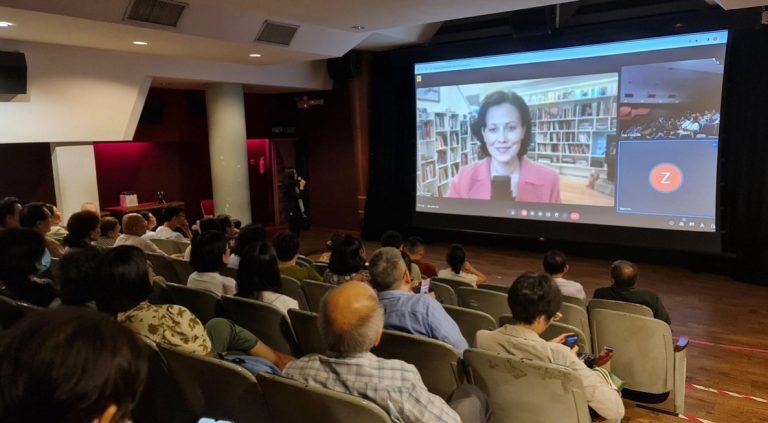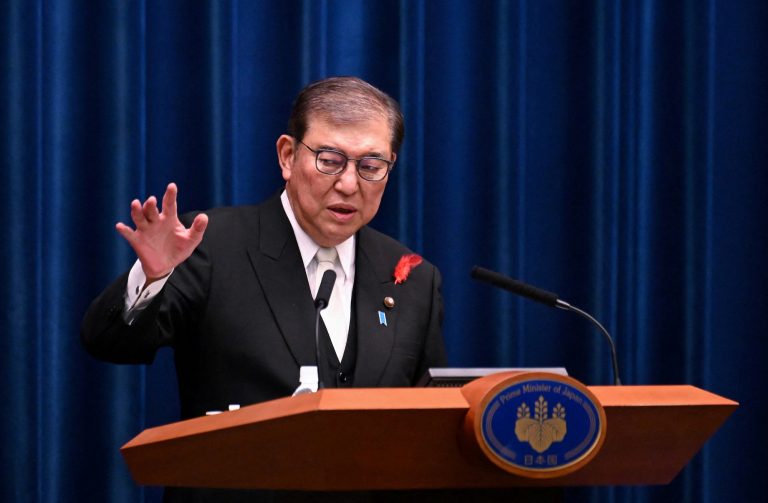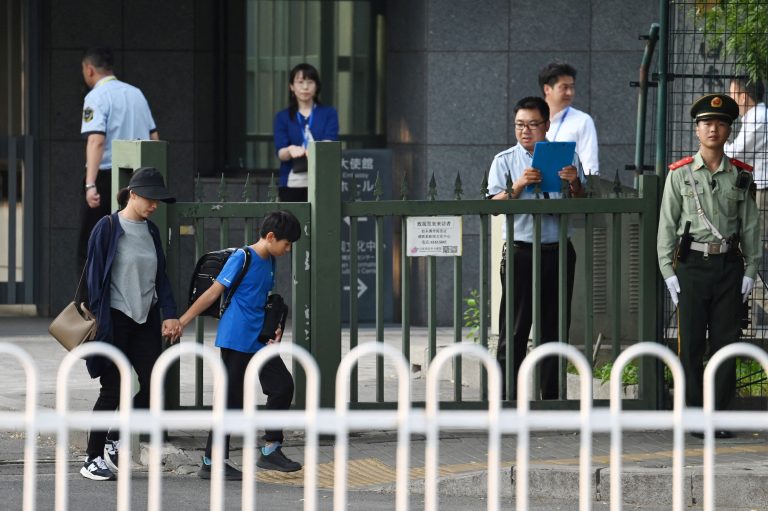In the wake of a crackdown on violent protests across Bangladesh, 123 Malaysians boarded a chartered flight to escape the chaos, arriving safely at home.
Carrying the passengers — 80 of whom were students — the AirAsia A320 plane took off from the Hazrat Shahjalal International Airport in Dhaka, Bangladesh, landing at Kuala Lumpur International Airport, where families quickly embraced their loved ones, local news outlet Free Malaysia Today wrote.
“We are grateful for the safe return of our Malaysian citizens,” Home Minister Saifuddin Nasution Ismail said during a press conference.
Speaking to Bernama News, one of the students, Siti Nurathirah Afrina Azree, expressed her mixed feelings about leaving Bangladesh, since she was about to complete her studies. She also shared her concerns regarding a curfew order set by the Bangladeshi government.
One Malaysian student, Siti Nurathirah Afrina Azree, shared her conflicted emotions about leaving Bangladesh due to her final year of studies and the curfew imposed by the Bangladeshi government.
Success
You are now signed up for our newsletter
Success
Check your email to complete sign up
The curfew last week was accompanied by a shutdown of the internet and telecommunications, which would have deprived foreign students contact with their families back home.
“After hearing from locals that the protest might continue… we were worried as there was no internet connection and our parents were panicking [in Malaysia],” she told Bernama News.
“We felt we needed to return home… This evacuation mission was a blessing for us.”
Sarvin Tharmalingam, another student, said most of the students had to go home because of the call for evacuation.
“The poor phone signal and the lack of an internet connection made it hard to contact [others] and check whether the situation is safe,” he said.
Cassandra David, a student at the Dhaka Medical College, had not seen any violence while in her hostel. However, upon being escorted to the airport, she saw army vehicles and personnel throughout the streets.
“Our wellbeing was very much taken care of,” David said after thanking the Malaysian government.
According to Reuters, however, some Malaysians chose to stay behind, either to complete their studies or resume their jobs there, Saifuddin said.
On July 22, Malaysian Prime Minister Anwar Ibrahim announced that the government would safely bring all Malaysians to Bangladesh to protect them from the growing protests.
READ MORE:
- Defense Pact Between Japan and Philippines Takes Ties to ‘Unprecedented Height’
- Iranian Voters Pick Moderate Pezeshkian as President To Replace Raisi
- Anti-US Rallies Held Across North Korea in Commemoration of 74th Anniversary of Korean War
Student unrest in Bangladesh
The protests in Bangladesh were sparked last month following the High Court’s reinstatement of a quota system that was first introduced in 1972.
With this quota system, 44 percent of “first- and second-class government jobs” are “merit” based. The remaining 56 percent would be meant for other communities, including 30 percent of government jobs for families of those who fought in the war of independence from Pakistan in 1971.
This move overturned a decision to abolish it made in 2018 by Prime Minister Sheikh Hasina’s administration.
Students from government and private universities across Bangladesh rose up against the quota system, where more than half of desired jobs were already taken up. Thousands crowded from Dhaka University and Chittagong University did sit-ins against it, blocking major intersections and the police precinct in Shahbagh.
The movement became known as the Students Against Discrimination movement. Many claim that they were not connected to any political group.
Last week, the government sent riot police, unleashing tear gas and baton strikes in violent clashes with the protesters. In the chaos, an estimated 150 people were killed, while more than 400 were injured.
The High Court agreed to abolish most of the quotas after the clashes, claiming about 93 percent of government jobs would be based on merit. However, the protests continued, leading to multiple arrests and the resignation of officials like Home Minister Asaduzzaman, who said they were responsible for the deaths.







